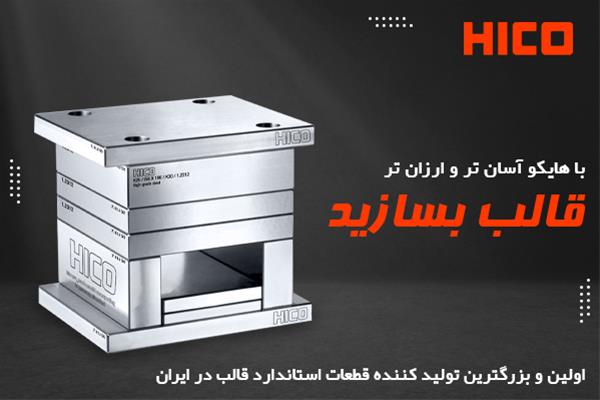In today’s rapidly evolving world, the significance of سنبه cannot be overstated. Tools are the driving force behind human progress, enabling us to tackle complex challenges, improve efficiency, and unleash innovation across various domains. From the simple hand tools of antiquity to the cutting-edge digital instruments of the 21st century, tools have consistently played a pivotal role in shaping our society.
Tools have been an integral part of human history for millennia. Early civilizations crafted rudimentary tools from stones, bones, and sticks to hunt, build shelter, and create art. These early tools marked the beginning of human ingenuity, allowing us to extend our capabilities beyond the limitations of our physical bodies.
As time progressed, tools evolved. The Industrial Revolution, for instance, ushered in a new era of mechanization and innovation. Complex machines and tools powered by steam engines transformed industries and improved productivity, giving rise to modern society as we know it.
In the digital age, tools have taken on a new dimension. Computers and software have become indispensable tools in nearly every profession, enabling us to process information at incredible speeds and harness the power of data for decision-making. From graphic design software that fuels creativity to project management tools that streamline workflows, these digital innovations empower individuals and businesses alike.
Innovation, too, owes much of its success to the tools at our disposal. Scientists, engineers, and inventors have leveraged specialized tools to push the boundaries of human knowledge. The Large Hadron Collider, for example, is a monumental scientific instrument that allows physicists to explore the fundamental forces of the universe, while 3D printers are transforming manufacturing by enabling rapid prototyping and customization.
